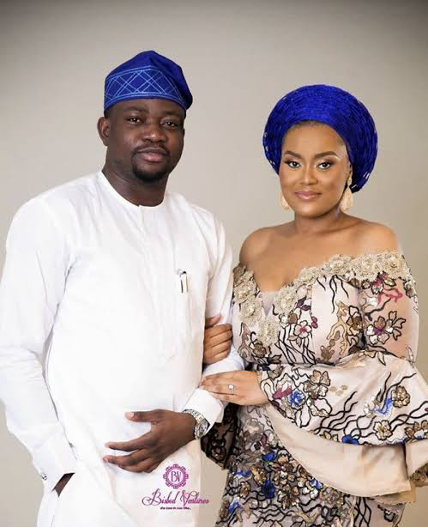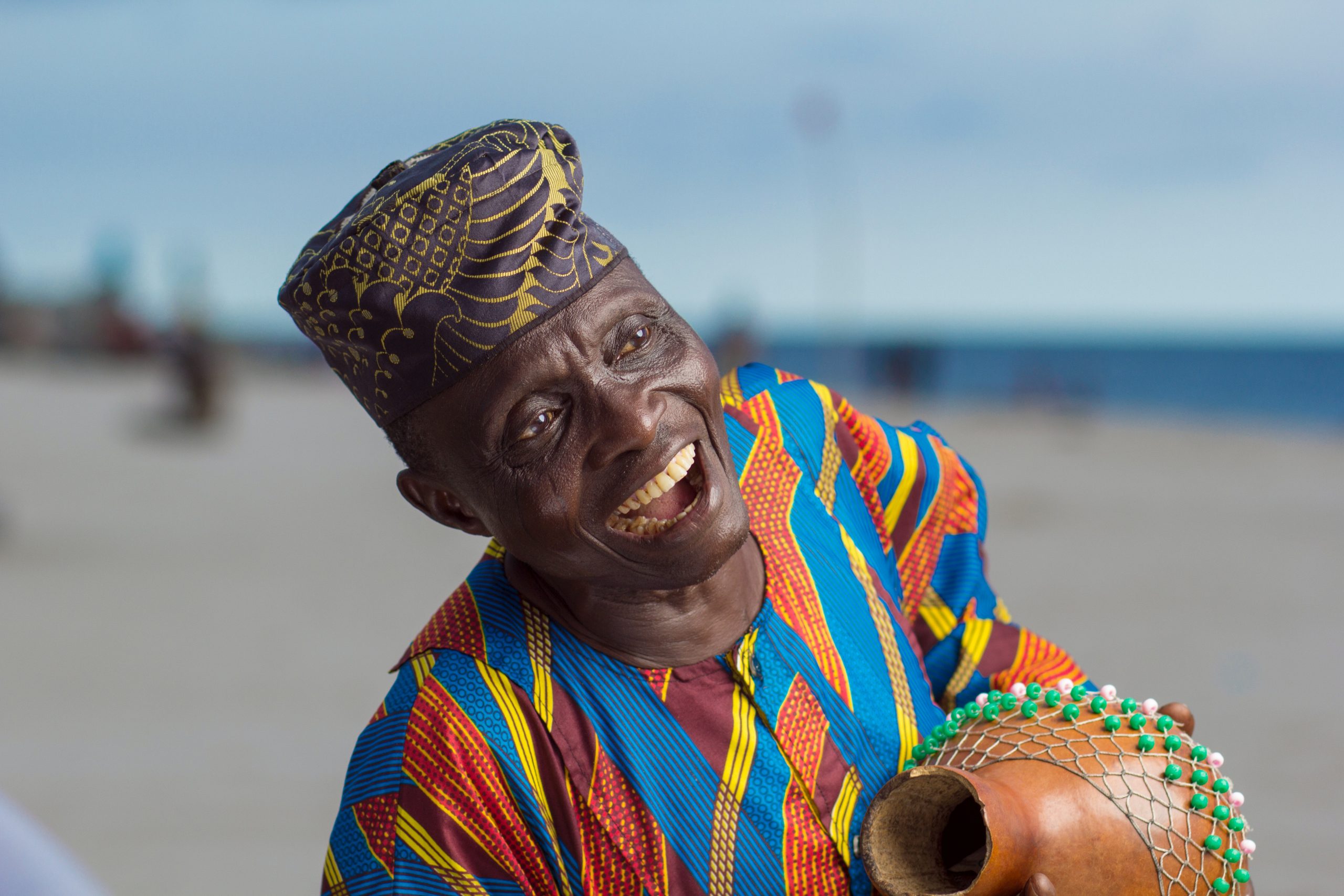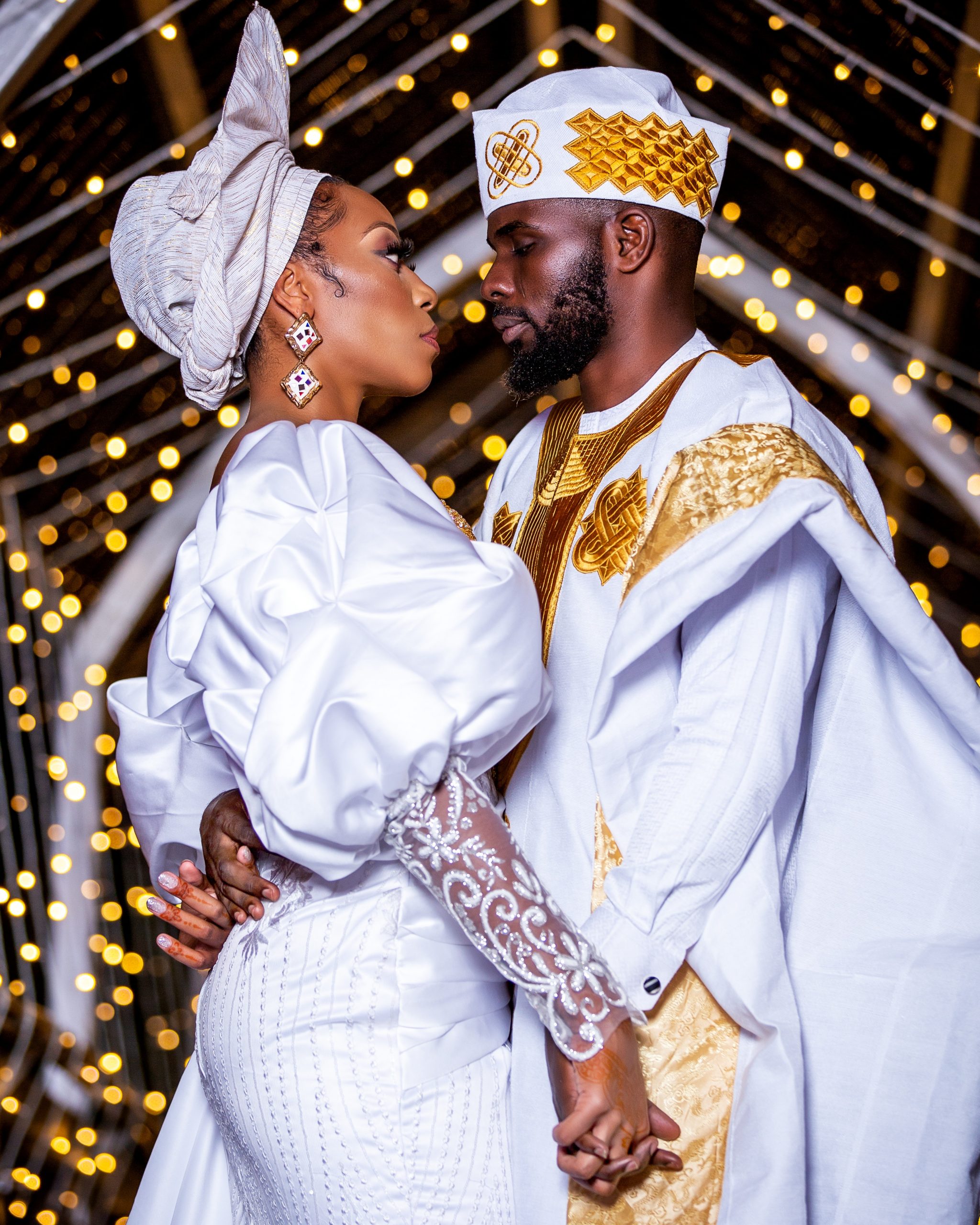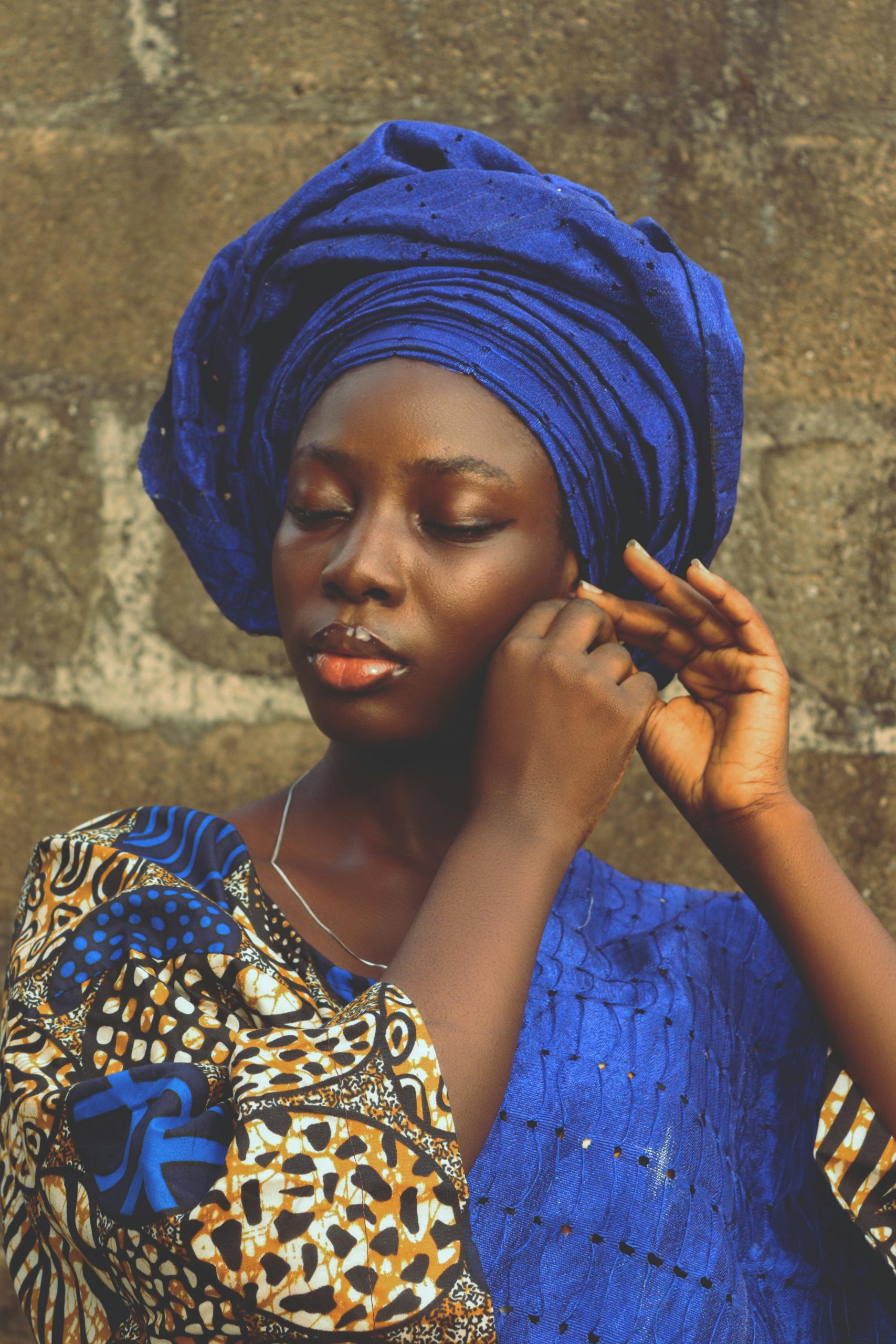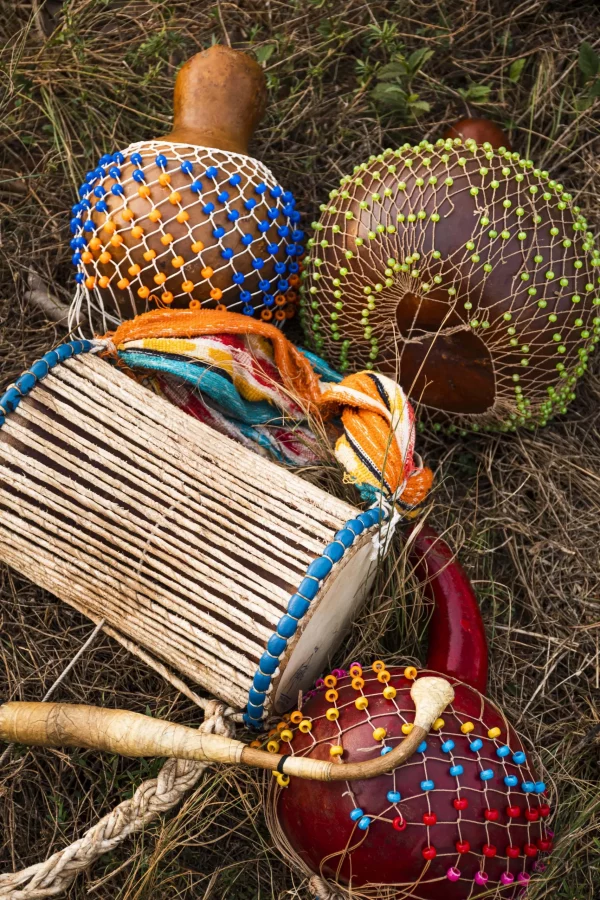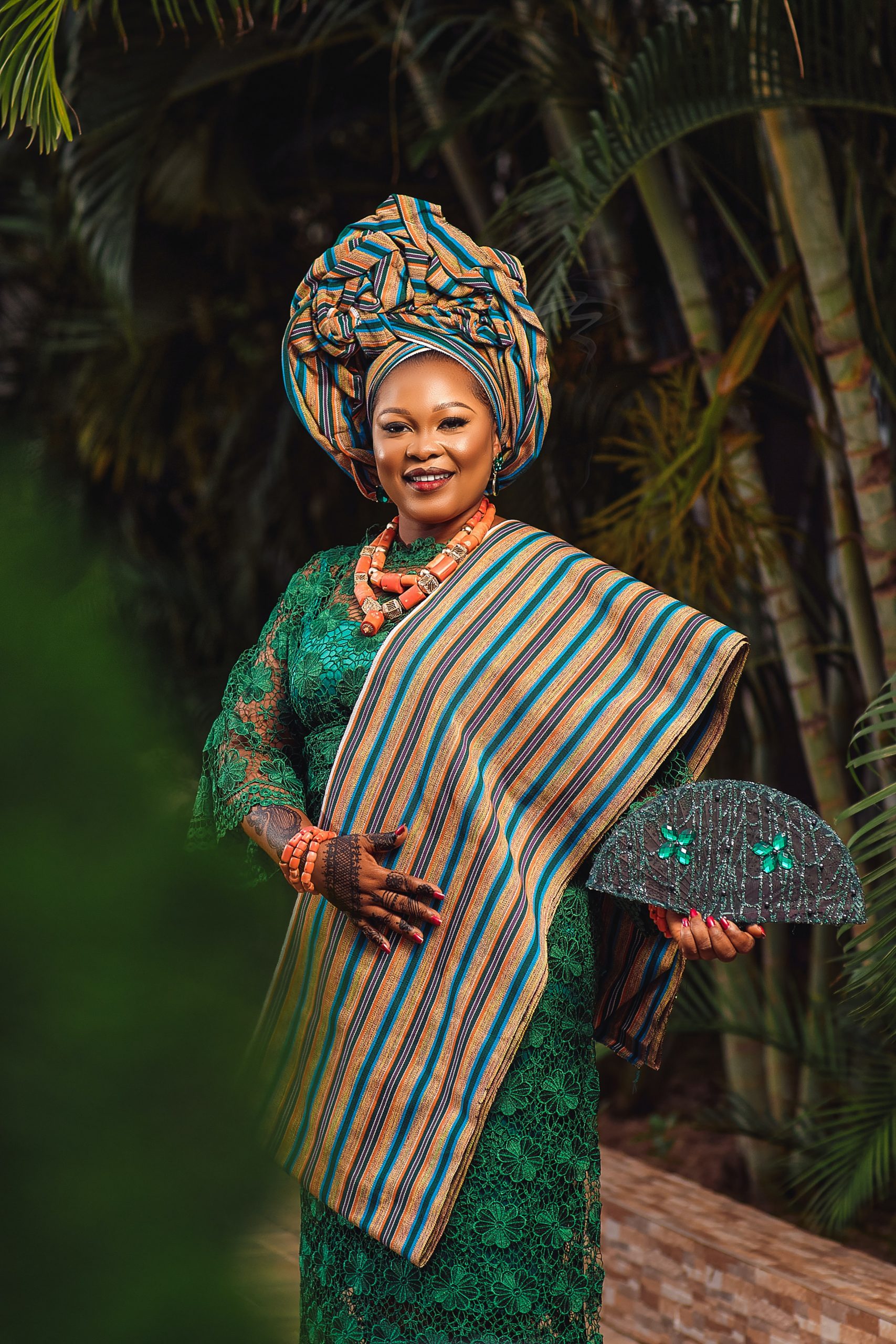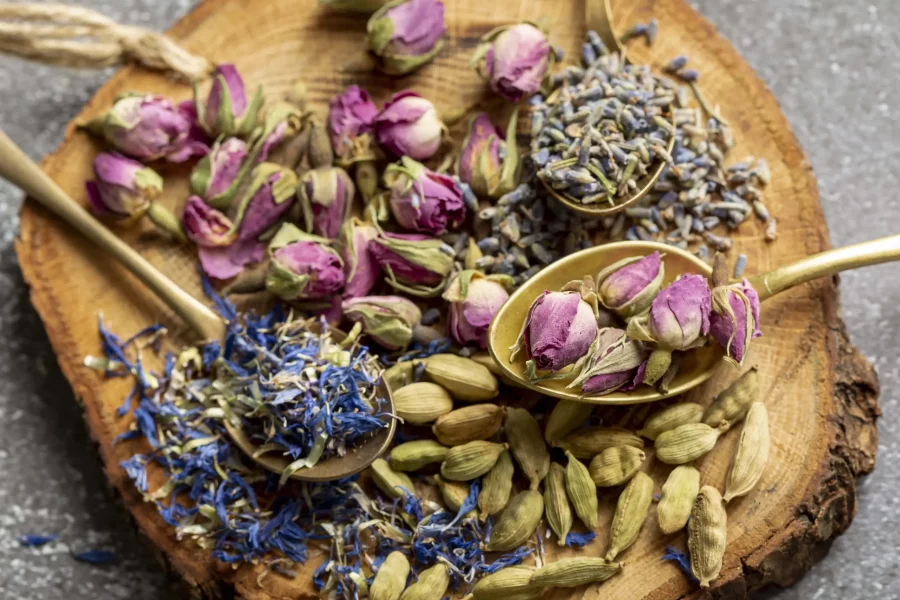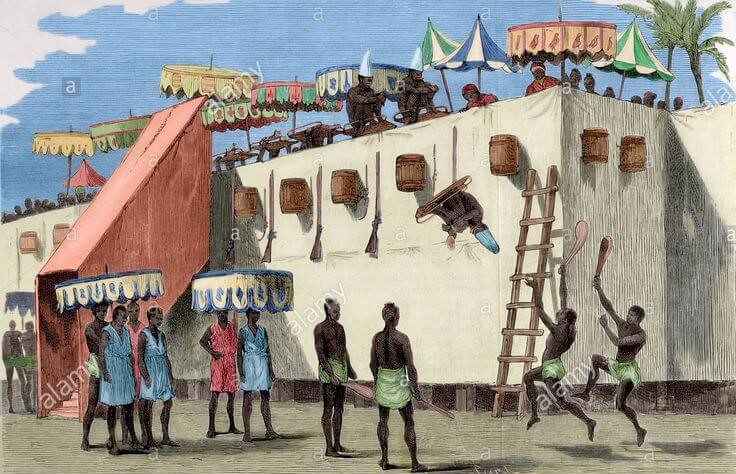DiscoverYoruba.com is your one-stop for embracing Yoruba culture, entertainment, and history unfolding.
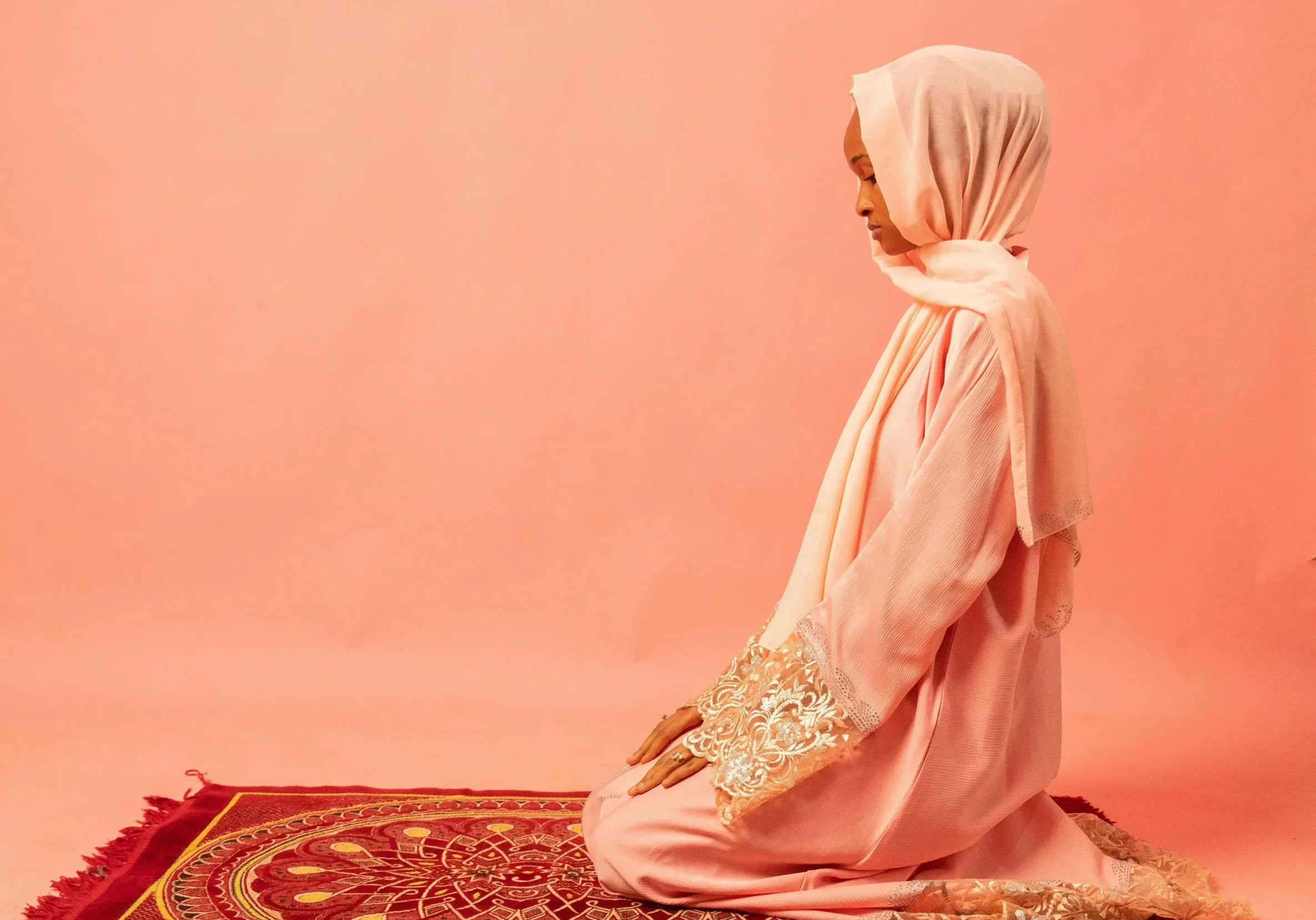
The Yoruba Muslim tradition represents a significant aspect of the cultural and religious landscape in Southwestern Nigeria, characterized by its rich historical and societal influences. Ogunnaike, Na ‘ Allah, and Janson are prominent scholars known for their extensive contributions to the preservation and understanding of this tradition.
The Yoruba Muslim tradition has played a pivotal role in shaping the religious and cultural dynamics of Southwestern Nigeria for centuries. Its synthesis of indigenous Yoruba beliefs with Islamic teachings has not only fostered a unique spiritual identity but also contributed to the region’s religious diversity.
This tradition has been instrumental in promoting religious tolerance and peaceful coexistence among different faith communities within Yoruba society. Prominent scholars like Ogunnaike, Na ‘ Allah, and Janson have exemplified a dedication to preserving, interpreting, and propagating the rich heritage of Yoruba Muslims, imparting invaluable knowledge that has immensely influenced the region’s religious panorama.
Table of Contents
What are the beliefs of Yoruba Muslims?
The beliefs of Yoruba Muslims are deeply rooted in the cultural and traditional knowledge passed down through generations, shaping the spiritual and philosophical outlook of the community. Scholars such as Ogunnaike, Na ‘ Allah, and Janson have extensively studied and documented these beliefs, offering invaluable insights into their significance in the African context.
Yoruba Muslims’ beliefs are intertwined with the rich cultural history of the Yoruba people, reflecting their diverse spiritual practices, art, music, and folklore. Their adherence to Islam is influenced by indigenous traditions, evident in their spiritual ceremonies, rituals, and oral narratives.
This syncretic approach to religious expression underscores the vibrant tapestry of African spirituality. Historically, Yoruba Muslim scholars have played a pivotal role in preserving and interpreting the cultural and spiritual heritage of the community. Their scholarly works encompass a wide range of subjects, including cosmology, metaphysics, and ethics, offering a comprehensive understanding of the interconnectedness between Yoruba traditions and Islamic principles.
What are the similarities and Differences with Other Muslim Groups?
Exploring the similarities and differences between Yoruba Muslims and other Muslim groups in Nigeria and across Africa reveals the intricate interfaith dynamics and the unique blend of cultural, traditional, and scholarly influences that distinguish the Yoruba Muslim tradition.
This comparative analysis also sheds light on the interaction with Christian communities and the broader Islamic landscape in Africa, reflecting the scholarly works of prominent figures in the field.
The Yoruba Muslims exhibit a fascinating fusion of Islamic beliefs and traditional Yoruba practices, blending elements of both faith and culture. In contrast to more orthodox Islamic traditions, Yoruba Muslims have incorporated indigenous chants, drumming, and dances into their religious ceremonies.
This demonstrates a dynamic interplay between Islamic principles and Yoruba customs. The Yoruba Muslims have fostered a peaceful coexistence with Christian communities, emphasizing mutual respect and cooperation in various communal endeavours. This harmonious relationship illustrates the interfaith dynamics at play within the Nigerian and African religious landscapes.
It provides a unique insight into the diverse tapestry of religious beliefs and practices across the region.
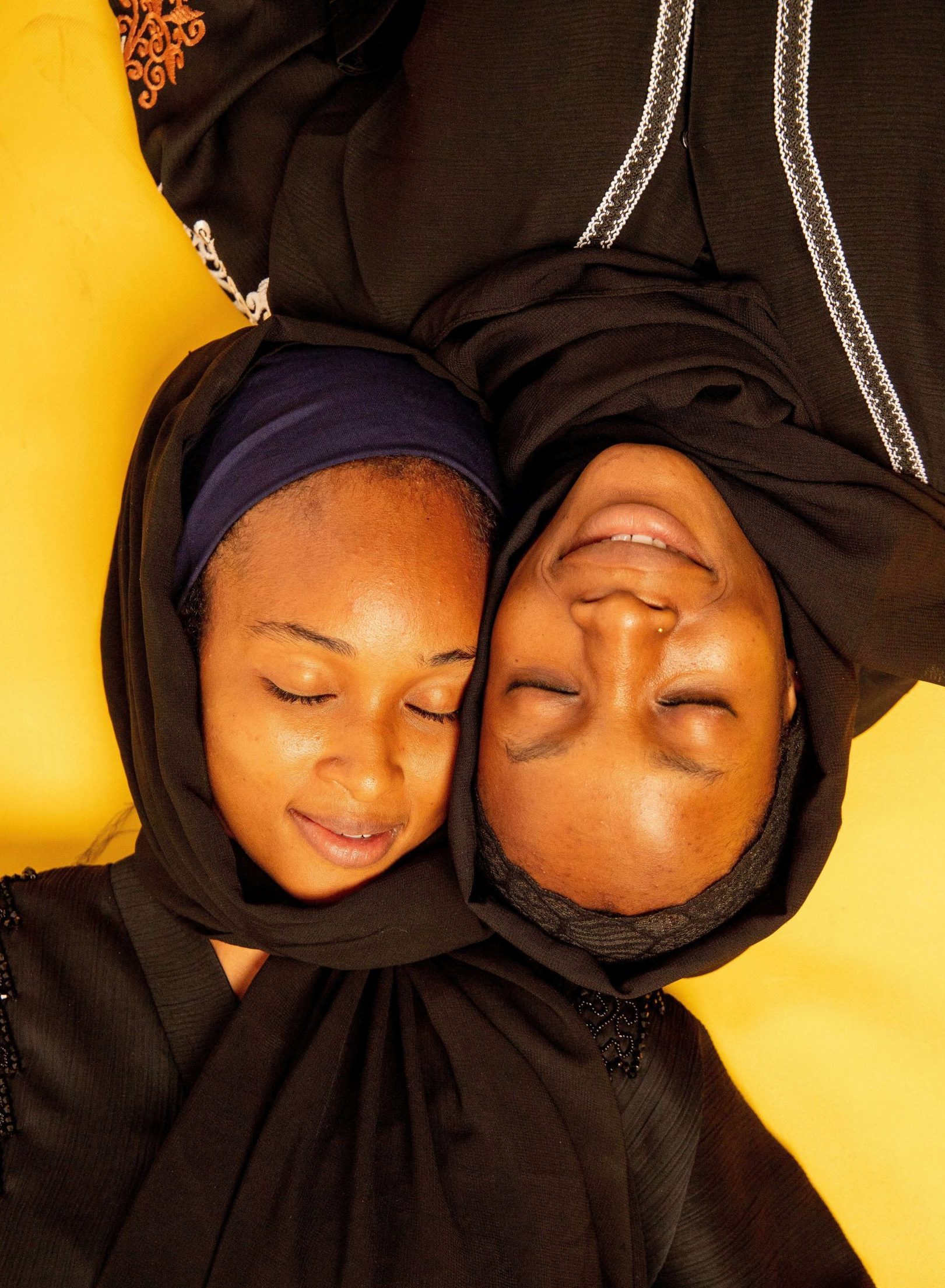
What are the main practices of Yoruba Muslims?
The main practices of Yoruba Muslims encompass a diverse spectrum of engagement with oral tradition, artistic expression, and philosophical discourse, often influenced by the historical connections to Ilorin, the Sufi tradition, and the pursuit of knowledge and wisdom. These practices have been subject to scholarly debate and exploration by renowned figures in the field, shedding light on their cultural and philosophical significance.
Through their engagement with oral tradition, Yoruba Muslims uphold the value of passing down knowledge and spirituality through storytelling, proverbs, and poetry. This is a vital means of preserving and transmitting their cultural and religious heritage.
Their artistic expressions encompass various forms of creativity, including calligraphy, music, and dance, which are infused with spiritual meanings and symbolism.
The philosophical pursuits of Yoruba Muslims are woven into their daily lives, as they seek to harmonize their beliefs with the challenges of modernity. This intricate blend of tradition and adaptation has been pivotal in shaping their identity and resilience.
The Sufi influences have significantly impacted Yoruba Muslims, fostering a deep sense of spirituality and an inclusive approach to Islam, emphasizing love, compassion, and the pursuit of inner knowledge.
These cultural practices reflect the richness and diversity of Yoruba Muslim traditions, rooted in a dynamic tapestry of history, spirituality, and creativity. The scholarly debates surrounding these practices delve into their complexities and nuances, offering valuable insights into the evolution of Islam in Yorubaland and its interaction with indigenous beliefs and customs.
What is the importance of praying five times a day?
The importance of praying five times a day holds significant religious and cultural value within the Yoruba Muslim tradition, reflecting the adherence to fundamental Islamic tenets and the preservation of traditional practices that shape the community’s spiritual identity.
In the Yoruba Muslim tradition, the five daily prayers, known as Salat, play a crucial role in connecting individuals with Allah throughout the day. This regular practice emphasizes the discipline, devotion, and submission integral to Islamic beliefs.
These prayers also serve as a means for community members to bond spiritually, reinforcing a sense of unity and shared purpose among the Yoruba Muslim population.
These acts of worship are essential for maintaining a deep connection with the teachings of the Quran and the traditions of Prophet Muhammad (saw), consolidating the cultural and spiritual fabric of the Yoruba Muslim community.
What is the significance of fasting during Ramadan?
Fasting during Ramadan holds profound spiritual, cultural, and traditional significance in the Yoruba Muslim community, symbolizing a period of spiritual reflection, communal solidarity, and the preservation of traditional knowledge and practices.
During Ramadan, the Yoruba Muslim community comes together in observance of fasting, embracing this sacred month as a time for deep introspection and spiritual renewal.
The act of fasting is not merely a physical discipline but a collective expression of faith and unity, fostering a sense of empathy and compassion towards those in need. The practice goes beyond abstaining from food and drink; it signifies a journey towards self-discipline and selflessness, reinforcing the bond between individuals and the divine.
Fasting during Ramadan serves as a means of reinforcing cultural ties and preserving the rich spiritual heritage of the Yoruba tradition, contributing to the continuity of centuries-old customs and beliefs. The fasting period encourages a return to fundamental values, reinforcing the importance of community, tradition, and spiritual growth.
What is the role of Zakat in Yoruba Muslim culture?
Zakat plays a pivotal role in the cultural, religious, and traditional fabric of Yoruba Muslim society, embodying the principles of charity, communal support, and the preservation of African Islamic traditions while reflecting the community’s commitment to religious obligations and social welfare.
In the Yoruba Muslim culture, the practice of Zakat serves as a means of upholding the values of generosity, solidarity, and compassion.
It symbolizes the communal responsibility to care for the less fortunate and fosters a sense of interconnectedness and empathy within the community. Additionally, Zakat reinforces the importance of fulfilling one’s religious duties, as it aligns with the teachings of Islam, particularly to ensure economic justice and equality.
How important is the Hajj pilgrimage for Yoruba Muslims?
The Hajj pilgrimage holds profound spiritual, traditional, and cultural importance for Yoruba Muslims, representing a pivotal aspiration and communal expression of faith and traditional values that underscore the significance of this sacred journey within Nigerian Islamic traditions.
Through the Hajj, Yoruba Muslims reaffirm their spiritual devotion, seeking divine guidance and forgiveness as they partake in the rituals associated with the pilgrimage.
The communal traditions foster a sense of unity and solidarity among pilgrims, transcending social and economic barriers to form a collective bond based on shared faith and reverence for Islamic teachings. This journey serves as a testament to the enduring cultural heritage of Yoruba Muslims, influencing their daily lives and practices even beyond the pilgrimage experience.
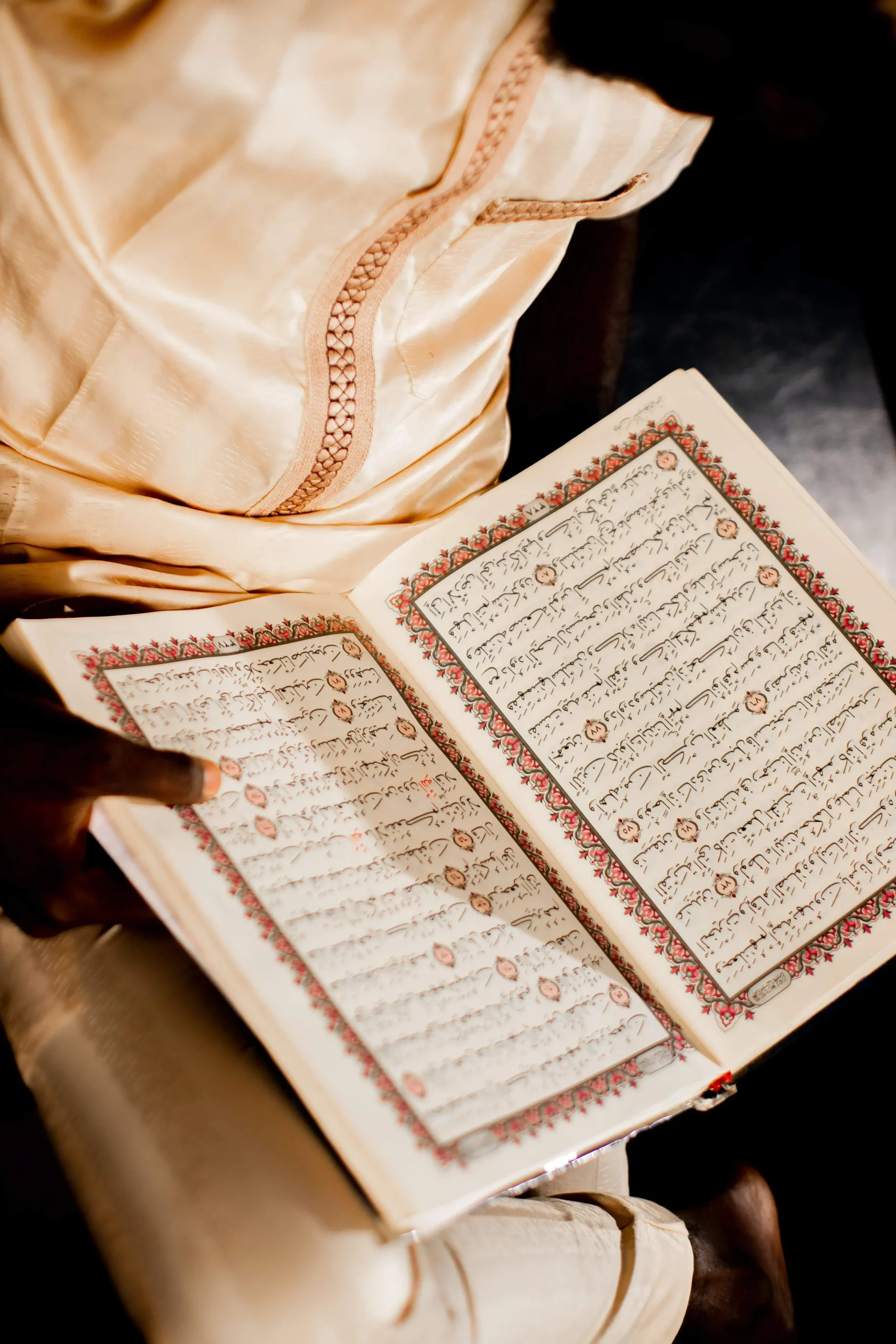
What are the traditional ceremonies and rituals in Yoruba Muslim culture?
The traditional ceremonies and rituals in Yoruba Muslim culture encompass a diverse spectrum of customs, from weddings to birth and naming ceremonies, as well as the rituals associated with death and funerals, reflecting the rich tapestry of cultural and religious traditions that define the community’s social and spiritual fabric.
Weddings in Yoruba Muslim cultures are marked by elaborate and symbolic rituals, often involving the exchange of dowries and the formalization of the marriage contract, known as the Nikah. These ceremonies are steeped in tradition, with elements such as the bride’s elaborate attire and the celebration of family bonds playing an integral role.
Similarly, birth and naming ceremonies hold significant cultural importance in Yoruba Muslim tradition. Prayers, blessings, and feasts take centre stage to welcome the newborn into the community. The naming process is intricate, often involving consultation with religious leaders to choose a name with deep spiritual significance.
In terms of death and funerals, Yoruba Muslim customs emphasize the importance of honouring the deceased with dignity and respect. The funeral rites involve specific prayers, burial customs, and communal mourning to remember and celebrate the life of the departed.
What are the key elements of a Yoruba Muslim wedding?
A Yoruba Muslim wedding is characterized by a blend of traditional and cultural elements, embodying the sacred union of marriage within the community while celebrating the rich tapestry of customs and rituals that symbolize the joyous occasion.
The Yoruba Muslim wedding is a beautifully intricate affair, steeped in age-old traditions and customs observed with reverence and joy. One of the central customs is the ‘Alaga Ijoko’, the wedding planner and officiant, who plays a pivotal role in orchestrating the ceremonies.
The engagement ceremony is a significant prelude to the wedding, where the families of the bride and groom formally meet and discuss marriage arrangements. It is a momentous occasion marked by the exchange of gifts and negotiation of the bride price, reflecting the cultural importance placed on familial ties and unity.
The wedding attire also holds profound cultural significance, with the bride adorned in a resplendent ‘Aso Oke’ outfit and jewelry, while the groom dons the regal ‘Agbada’ attire, representing elegance, heritage, and style.
Throughout the ceremony, traditional music, dance, and vibrant colours infuse the atmosphere, signifying the unity and splendour of the occasion. The ‘Nikkah’, the Islamic marriage contract, is solemnized amidst blessings, prayers, and recitation of the Quran, underscoring the spiritual sanctity of the marital bond.
The joyful feasting that follows is a harmonious amalgamation of Yoruba culinary delights, emphasizing communal sharing and conviviality.
What are the customs and traditions surrounding birth and naming ceremonies?
The customs and traditions surrounding birth and naming ceremonies in Yoruba Muslim culture are steeped in rich traditional and cultural significance, symbolizing the joyous arrival of new life and the profound ties of family and community that shape these cherished celebrations.
These ceremonies hold deep-rooted importance, reflecting the interconnectedness of generations and the powerful bonds between family members. The naming ceremony, known as ‘Isomoloruko’ in Yoruba, is a joyous occasion where family and friends gather to celebrate the newborn’s arrival.
It involves prayers, supplications, and the symbolic act of naming the newborn, often connecting to the cultural and spiritual heritage of the family. The naming process is guided by the Imam and various family elders, highlighting communal involvement and the preservation of cultural identity.
These ceremonies serve as a time-honoured way of welcoming the new member into the community, reinforcing the cohesiveness and support that family and community provide during the journey of life.
What are the rituals and practices for death and funerals?
The rituals and practices for death and funerals in Yoruba Muslim culture encompass a blend of traditional and cultural expressions, honouring the departed with reverence and embracing communal rituals that reflect the enduring traditions of mourning and remembrance within the community.
The Yoruba Muslim culture holds traditional funeral rituals in high regard, where each practice holds a specific meaning.
From the ceremonial washing and shrouding of the deceased to the recitation of Quranic verses in gatherings, every step pays homage to the departed and offers solace to the bereaved.
The communal nature of these rituals not only signifies support for the grieving family but also reflects the interconnectedness of the community.
These cultural mourning practices intertwine with religious significance, creating a deeply rooted sense of remembrance and respect.
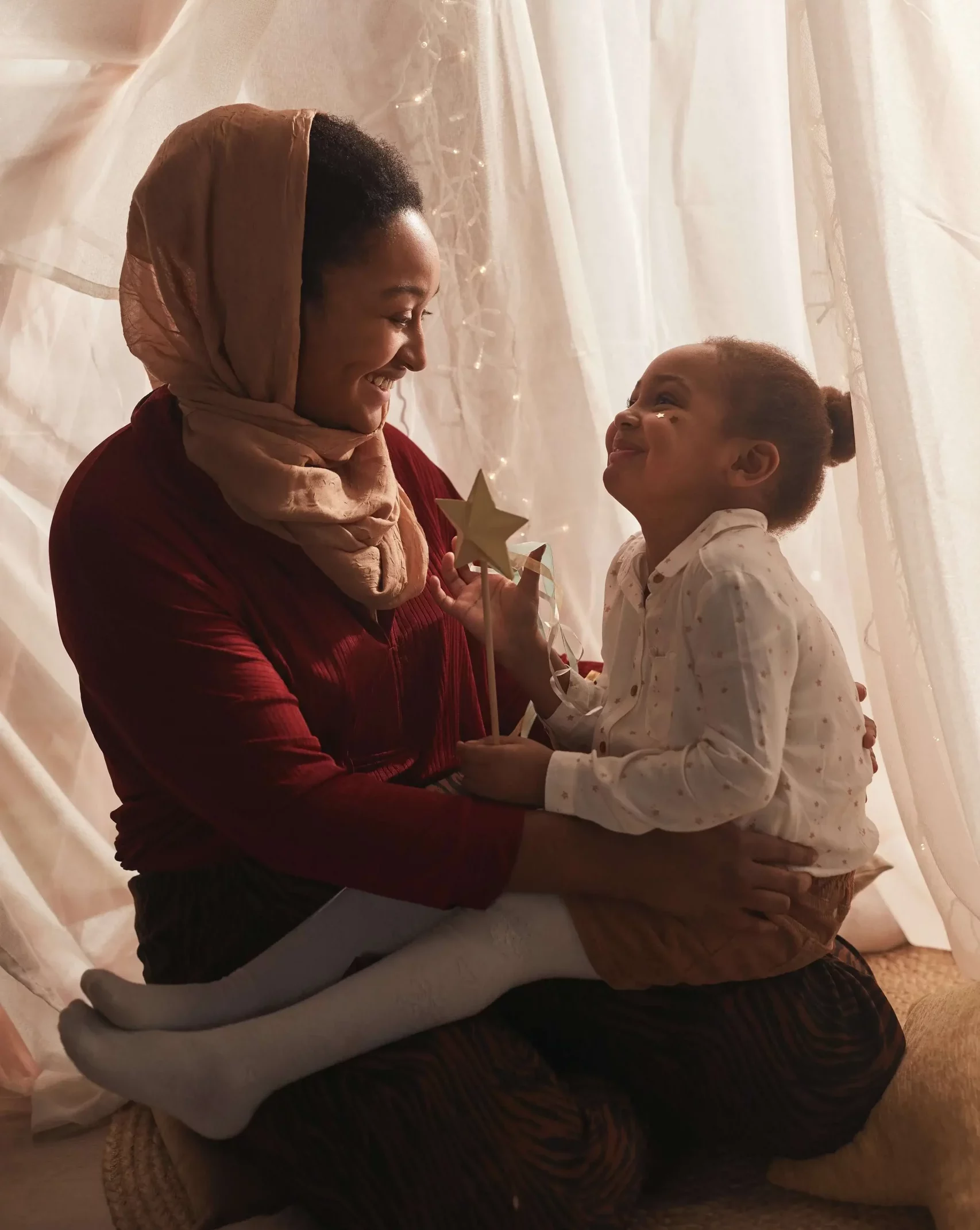
What are the challenges and controversies faced by Yoruba Muslims?
Yoruba Muslims navigate a myriad of challenges and controversies, particularly in shaping their identity within a multi-religious society, where cultural, traditional, and societal dynamics intersect, often leading to nuanced interpretations and expressions of their faith in the Nigerian context.
The nuances of Yoruba Muslims’ religious identity reflect a blend of indigenous Yoruba traditions and Islamic beliefs, creating a complex tapestry that sets them apart.
Their relationship with other religious communities in Nigeria undergoes constant evolution, influenced by historical contexts and contemporary social climates. Identity formation becomes a central theme, shaped by the need to reconcile their traditional heritage with the practice of their faith.
How do Yoruba Muslims Navigate their Identity in a Multi-Religious Society?
The navigation of identity by Yoruba Muslims in a multi-religious society involves the intricate interplay of cultural, traditional, and religious influences that shape their communal ethos within the broader societal framework of Nigeria, reflecting the complexities of their faith expression and societal integration.
Yoruba Muslims often find themselves delicately balancing their religious beliefs, rooted in Islam, with the rich cultural traditions that define their Yoruba heritage. This dual identity presents complex dynamics as they seek to authentically express their faith within a multi-religious society, where Christianity and traditional indigenous religions also hold significant influence.
The cultural tapestry of Yoruba society further influences the communal ethos of Yoruba Muslims, as they are steeped in traditions like the celebration of annual festivals, and language and art forms, all of which contribute to their unique identity within the broader societal fabric.
The historical legacy of Yorubaland, with its diverse religious traditions, continues to impact the way Yoruba Muslims navigate their identity, inherited from a heritage marked by a blend of faiths and beliefs that have evolved over centuries.
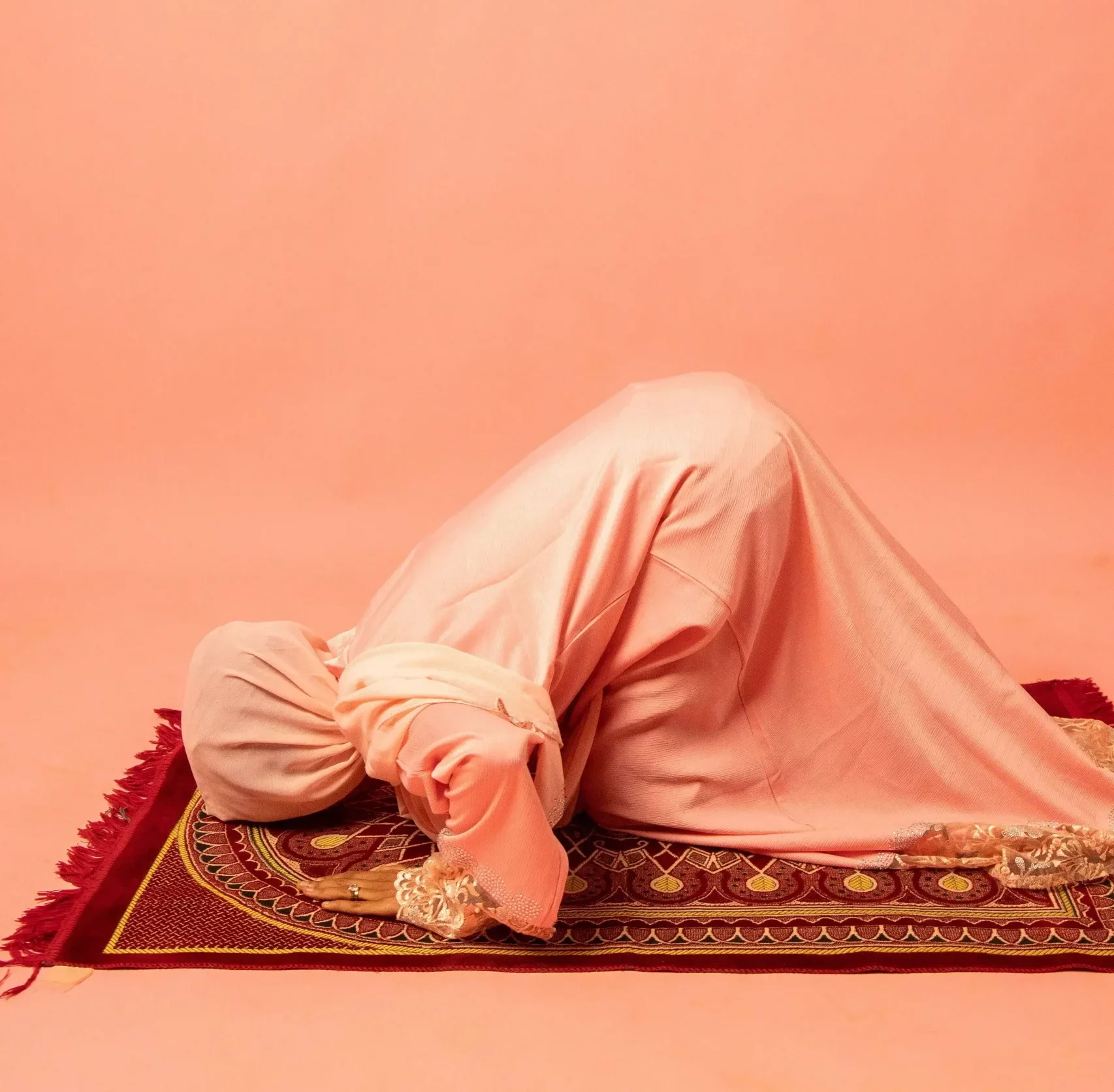
What are the main misconceptions about Yoruba Muslim traditions and practices?
The prevailing misconceptions about Yoruba Muslim traditions and practices often stem from a limited understanding of the intricate blend of African, scholarly, and religious influences that shape the community’s traditions, highlighting the need for nuanced perspectives that dispel common misconceptions and foster informed dialogue about their faith and customs.
The Yoruba Muslims have been shaped by a rich tapestry of cultural, historical, and religious influences. This includes elements from Yoruba traditional practices, Islamic teachings, and scholarly discourse. Their traditions reflect a unique fusion of indigenous African customs, Islamic principles, and local customs, resulting in a distinctive cultural identity.
Misconceptions often arise from oversimplifications that fail to recognize the complexity and diversity within the Yoruba Muslim community. It is important to acknowledge these nuances to foster interfaith understanding and promote respectful dialogue across diverse traditions.
